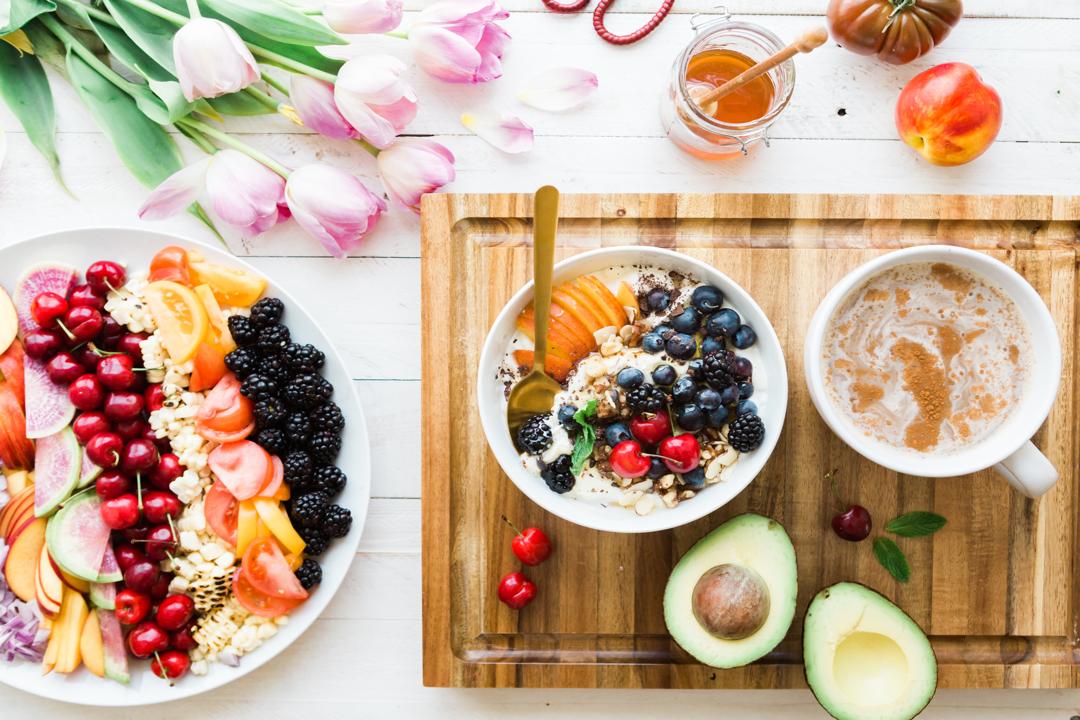Gut Health and Diet: Foods that Promote a Healthy Gut
As a health and wellness coach, I understand the importance of maintaining a healthy gut. The gut plays a crucial role in our overall well-being, impacting not just our digestion but also our immunity and mental health. If you’re looking to improve your gut health, incorporating the right foods into your diet can make a significant difference.
Understanding Gut Health
Before we dive into the foods that promote a healthy gut, let’s take a moment to understand what gut health really means. Gut health refers to the balance and optimal functioning of the digestive system. It involves the harmonious interaction between the gut microbiota, the intestinal lining, and the immune system. When our gut is healthy, it allows for efficient digestion, absorption of nutrients, and elimination of waste.
Research has shown that gut health is closely linked to other aspects of our well-being. A healthy gut can support a robust immune system, improve mental health, and even enhance our body’s ability to maintain a healthy weight.
The Role of Diet in Gut Health
Now that we understand the significance of gut health, let’s explore how our diet plays a crucial role in maintaining a healthy gut. The foods we eat can either promote or hinder the balance of our gut microbiota, which in turn affects our overall gut health.
Certain foods can positively impact our gut health. Probiotic-rich foods, for example, contain beneficial bacteria that can help restore and maintain a healthy gut microbiome. These foods include yogurt, sauerkraut, and kefir. Consuming these probiotic-rich foods regularly can support the growth of good bacteria in the gut, leading to improved digestion and a stronger immune system.
Fiber-rich foods are also essential for gut health. Whole grains, fruits, and vegetables are excellent sources of dietary fiber. Fiber acts as a prebiotic, providing nourishment for the beneficial bacteria in our gut. By including a variety of fiber-rich foods in our diet, we can support a healthy gut microbiome and promote regular bowel movements.
Omega-3 fatty acids, found in fatty fish and flaxseeds, are another important component of a gut-healthy diet. These fatty acids have anti-inflammatory properties and can help reduce gut inflammation, which is often associated with digestive disorders.
Foods that Promote a Healthy Gut
Now that we know the importance of diet in gut health, let’s explore some specific foods that can promote a healthy gut:
-
Yogurt: Yogurt is an excellent source of probiotics, which can help restore the balance of bacteria in the gut. Look for yogurt that contains live and active cultures for maximum benefits.
-
Sauerkraut: Sauerkraut is a fermented food that is rich in probiotics. It can help improve digestion and support a healthy gut microbiome.
-
Kefir: Kefir is a fermented milk drink that contains a variety of beneficial bacteria and yeasts. It can help improve digestion and boost the immune system.
-
Whole grains: Whole grains like oats, brown rice, and quinoa are high in fiber, which promotes a healthy gut. These grains also provide essential nutrients and can help regulate blood sugar levels.
-
Fruits and vegetables: Fruits and vegetables are rich in fiber, vitamins, and minerals. They provide nourishment for the gut microbiota and support overall gut health.
-
Fatty fish: Fatty fish like salmon, mackerel, and sardines are excellent sources of omega-3 fatty acids. These fatty acids have anti-inflammatory properties and can help reduce gut inflammation.
-
Flaxseeds: Flaxseeds are a great plant-based source of omega-3 fatty acids. They can be added to smoothies, oatmeal, or baked goods to promote a healthy gut.
It’s important to note that the effects of these foods may vary from person to person. It’s always a good idea to listen to your body and consult a healthcare professional or registered dietitian for personalized advice.
Tips for Incorporating Gut-Healthy Foods into Your Diet
Incorporating gut-healthy foods into your diet doesn’t have to be complicated. Here are some practical tips to help you get started:
- Start your day with a probiotic-rich breakfast, such as a yogurt parfait topped with fruits and nuts.
- Include a variety of fruits and vegetables in your meals. Aim for at least five servings per day.
- Choose whole grains over refined grains. Swap white bread for whole grain bread, and opt for brown rice instead of white rice.
- Experiment with fermented foods like sauerkraut and kimchi. These foods can add a flavorful twist to your meals while supporting a healthy gut.
- Incorporate fatty fish into your diet at least twice a week. Try grilled salmon or sardines on a bed of leafy greens.
- Sprinkle flaxseeds on your salads, yogurt, or smoothies for an extra boost of omega-3 fatty acids.
Lifestyle Factors that Support Gut Health
While diet plays a significant role in gut health, it’s important to remember that other lifestyle factors also contribute to a healthy gut. Here are some additional tips to support your gut health:
- Manage stress: Chronic stress can disrupt the balance of bacteria in the gut. Find healthy ways to manage stress, such as practicing mindfulness, engaging in regular physical activity, or seeking support from a therapist.
- Get regular exercise: Exercise can help improve digestion and promote a healthy gut. Aim for at least 30 minutes of moderate-intensity exercise most days of the week.
- Stay hydrated: Drinking enough water is essential for maintaining a healthy gut. Aim for at least 8 cups of water per day.
- Get enough sleep: Poor sleep can negatively impact gut health. Prioritize sleep and aim for 7-9 hours of quality sleep each night.
Remember, taking a holistic approach to gut health is key. By incorporating gut-healthy foods into your diet and adopting healthy lifestyle habits, you can support your gut and overall well-being.
References:
